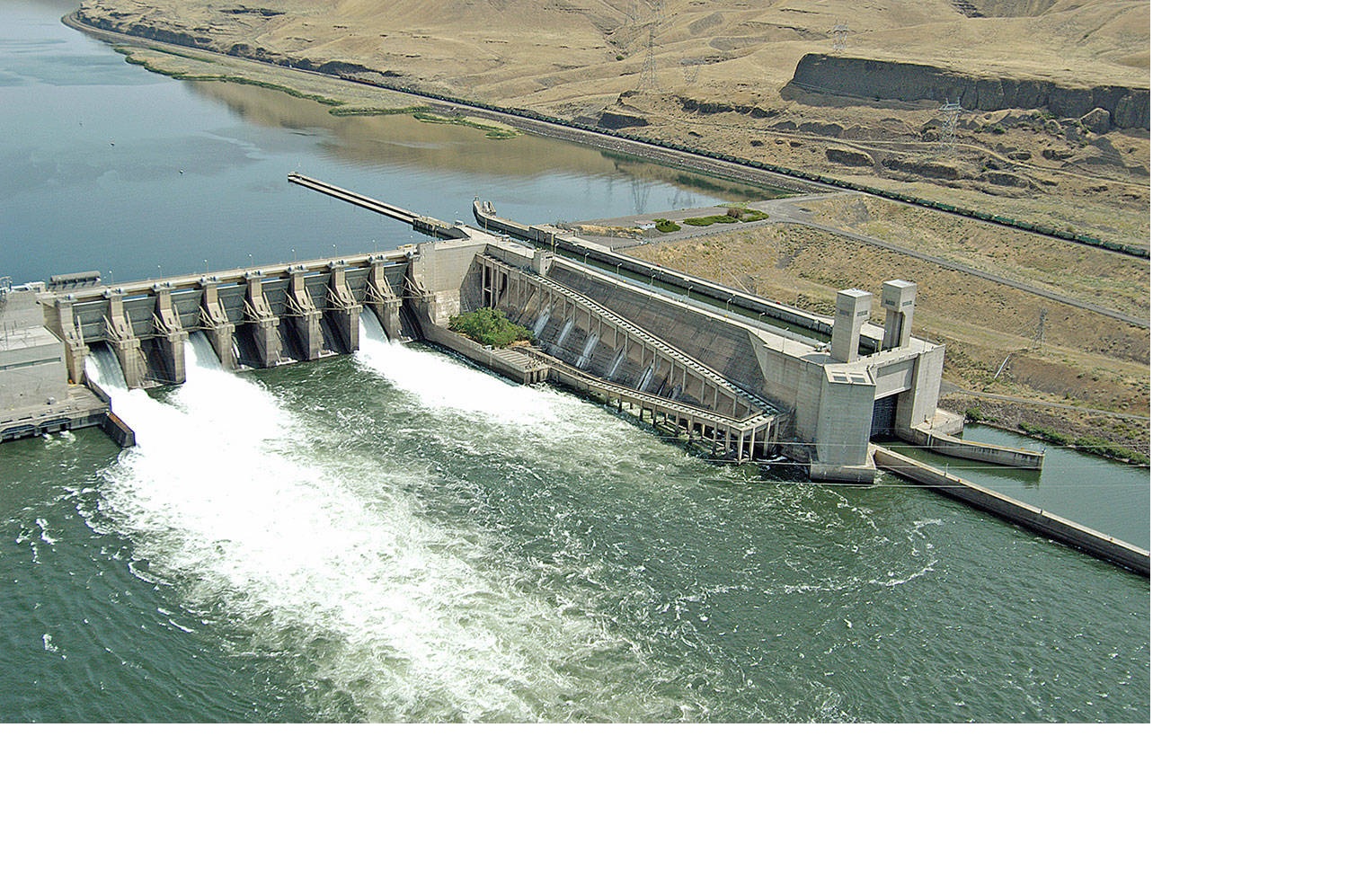Ghana has just completed a mini hydropower plant that will soon start supplying electricity in Hohoe District, Volta Region. The power plant was constructed by the Bui Power Authority (BPA), a public body created by the Ghanaian government to develop, deploy and sustainably use the resources of the Black Volta and other renewable energy sources found around the region.
The mini-hydro power plant
The mini-hydro plant which is located at Tsatsadu Falls in Hohoe District, Volta Region, is a run-of-river power plant; one that does not operate with a dam. The facility consists of a spillway that diverts part of the flow from the Tsatsadu River. A water intake installed in the weir leads the water to a diversion channel. The water passing through the diversion channel flows through a 300mm diameter steel forged pipe, down a steep slope before reaching a hydroelectric power plant built at the foot of the hill.
With the speed generated by the hill, the water drives a turbine that produces 45kW of electricity. The BPA estimates that the plant’s capacity can be expanded with a new 40 or 60kW turbine.
Also Read:Construction of US $8.6m mini hydro power station in Zambia completed
Environment friendly
The project was launched in 2005 with the signing of an agreement between the Ghanaian Ministry of Energy, UNDP and the International Network of Small Hydropower Plants of China (IN-SHP) for feasibility studies. The development of the project was then entrusted to the BPA company.
The project, that required a total investment of US $400,000, received much of its funding from the BPA, which also received US $80,000 from the RETT (Renewable Energy Technology Transfer), project initiated by the United Nations Development Programme (UNDP). The project has also received support from the Danish government.
According to the BPA, the hydroelectric power plant located on Tsatsadu Falls has no impact on the environment since it does not use a water reservoir. In addition, the contractor decided to plant trees on the project site to “restore vegetation to protect the banks of the river against siltation, sedimentation, erosion, nitrogen and phosphate loads”.

